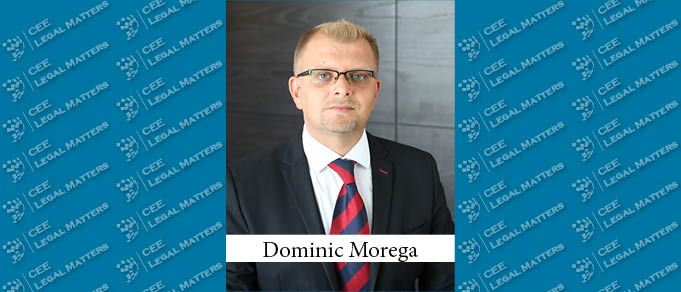A review of the Romanian pharma market reveals the real challenges faced by pharmaceutical companies and the impact of those challenges on patients.
Whereas the funding shortage affecting the healthcare sector – particularly the medicines budget – is not specific to Romania, the lack of coherent and efficient mid- and long-term health policies, as well as restrictive and unpredictable pharma laws, have unfortunately been a consistent feature of the country’s pharma market over the years. As a result, industry players encounter difficulties in drawing up multiannual (or even annual) budgets, and on patients’ access to essential therapies.
A Pileup of Restrictive Measures
Most European countries have regulated instruments to limit and control public expenditure on medicines. In Romania, however, sometimes confusingly, several measures are applicable, including: the minimum European price (benchmarked against 12 low-price countries); an additional price reduction for generic and biosimilar medicinal products, benchmarked against the price of matching innovative medicinal products; a public system reimbursement price consisting of a percentage of the lowest price for the therapeutic unit of the international non-proprietary name (INN); a non-transparent clawback tax for all medicines reimbursed from public funds; restrictive procedures for the assessment of health technologies or related to the conclusion of managed entry agreements; and the prescription of expensive medicinal products according to strict therapeutic protocols.
Unsurprisingly, these measures have led to many medicines missing from the market, including many of the cheapest ones (over the past two years, more than 2,000 withdrawal applications were registered with the National Agency for Medicines and Medical Devices (NAMMD)), the migration of essential medicines to parallel trade, and restrictions on market entry for innovative therapies.
Legislative Measures to Limit the Disappearance of Medicines
At the eleventh hour, Romanian authorities seem to have grasped the scope of the problem, and they adopted several limitation measures.
Thus, the status of clawback tax, which was instituted in 2011 by Government Emergency Ordinance No. 77/2011, has been recently amended to give a much-needed breather to marketing authorization holders (MAHs) and allow them keep medicines on the local market. Although the tax was initially introduced as a temporary crisis measure, it became permanent, and proved to be an unsustainable burden for MAHs, which are legally bound to subsidize the budget of reimbursable medicines by growing percentages, exceeding 25% in the 4th quarter of 2018 (which is basically the entire budget overrun approved by authorities).
Under the recent Government Emergency Ordinance No. 28/2019, published on May 8, 2019, GEO No. 77/2011 was amended by increasing the quarterly budget for medicines covered from public funds from RON 1.515 million to RON 1.595 million, a small relief for MAHs’ tax burden. Also, in response to acute shortages of essential medicines, the Government has already issued two other ordinances (GEO No. 111/2018 and GEO No. 100/2017), exempting certain vaccines and human blood or human plasma derivatives included on the lists approved by order of the Ministry of Health (MOH), from the payment of clawback tax.
Despite failing to remedy the main causes for the exodus of medicines, the MOH adopted certain measures to address medicine shortages. Thus, MOH Order No. 269/2017 on the obligation to ensure adequate and continuous stocks of medicines added control instruments to those provided in Directive 2001/83/EC. Accordingly, as regards medicinal products subject to reimbursement, MAHs must provide a monthly minimum level equal to the average monthly turnover for each medicine in their portfolio, while wholesale distributors must set up a buffer equalling the average monthly turnover for each such distributed product. The NAMMD will be informed of any failure by distributors and secondary MAHs to comply with pharmacies’ and hospitals’ legitimate orders and may declare a national alert on severe medicine shortages. In this case, the MOH may further place the relevant medicine on the so-called Temporary List of Medicinal Products Under Surveillance, which includes products that are temporarily banned from intracommunity delivery and export.
Finally, measures have been taken for the regulation and transparency of HTA processes and the conclusion of managed entry agreements. However, many regulatory and budgetary restrictions are still in place as regards the reimbursement of innovative therapies, and significant delays may still be encountered in the assessment process.
It remains to be seen, in this critical year, whether a balance will be found between patient needs, the legitimate requirements of pharma companies, and the need to control State budget expenditures.
By Dominic Morega, Head of Pharma Law, Tuca Zbarcea & Asociatii
This Article was originally published in Issue 6.6 of the CEE Legal Matters Magazine. If you would like to receive a hard copy of the magazine, you can subscribe here.



